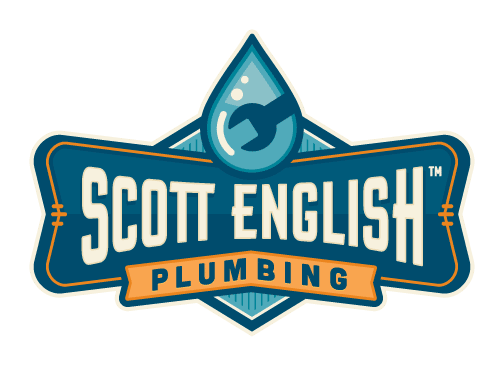Quick Leak Facts You May Not Know
Did you know that in the United States, the Fix a Leak Week is celebrated during the month of March? Surprised? Well, this just goes to show that plumbing leaks are something that you cannot completely avoid and reminding everyone to consistently check their home plumbing fixtures and systems for leaks is one surefire way to reduce the cost and waste of water supply. Here are other quick leak facts you may not know.
Household Facts
Although it is true that the plumbing usage and water consumption can vary distinctly, there are some facts that seem to hold true universally. Are you aware that:
- Up to 10,000 gallons of water can be wasted every year because of household leaks?
- The amount of wasted water can be used to do about 270 loads of laundry?
- If you take the wasted water of all the households nationwide it will amount to 1 trillion gallons, enough for use in 11 million homes annually?
- As much as 10% of homes have some form of leak that accounts for at least 90 gallons of wasted water every day?
- Dripping faucets, leaking valves, and worn out toilet flappers are the most common causes of leaks in average households?
- These most common causes of leaks can be easily repaired?
- By fixing these most common cause of leaks you can save around 10% of your water bill?
- Sometimes it is better to replace plumbing fixtures and appliances with more efficient ones than repair them?
About Faucets and Showerheads
Every household at one time or another has faced the problem of leaking faucet or showerhead. In fact, if you ask professional plumbers, these two plumbing fixtures are some of the most common sources of leaks primarily because of their extreme usage. Here are some facts you should know about faucets and showerheads.
- Faucet drips at the rate of one drip per second wastes as much as 3,000 gallons of water annually;
- This amount of wasted water will allow you to take around 180 showers;
- The most common cause of leaking faucets are worn out washers and gaskets, which can be replaced easily;
- Showerhead that drip about 10 times a minute wastes at least 500 gallons yearly, enough to wash 60 loads in your dishwasher;
- Loose connections are the most common reason for leaking showerheads.
Outdoor Leaks
You are well aware that your home plumbing system extends to your outdoors. This means that leaks will not be isolated inside your home. So what should you know about outdoor leaks?
- Spring is the best time to check your irrigation system to eliminate the possibility of frost or freezing damage;
- As much as 6,300 gallons of water can be wasted every month from an irrigation leak the size of the thickness of a dime;
- Make sure that a licensed plumbing technician checks your irrigation system for leaks to ensure that nothing is overlooked;
- Make it a habit to check garden hoses and spigots for leaks.
All About Leak Detection
Now that you have read about the quick leak facts, what exactly can you do to avoid them? There are a number of things; you can start with:
- Examining your winter water usage. If you have a family of four, your usage should not exceed 12,000 gallons every month;
- Regularly check the water meter when no water is being used. Get readings at two-hour intervals, if there is any change, you may have a leak;
- The food coloring test is one of the best ways to check for toilet tank leaks. Put a few drops in the toilet tank and let it sit for about 10 minutes. If any color gets into the bowl, then you have a leak.
So what do you do once you think you have a plumbing leak? The best thing that you can do is to immediately call a plumbing expert available 24 hours a day and 7 days a week. This will ensure that your plumbing leaks will be dealt with swiftly and correctly.
